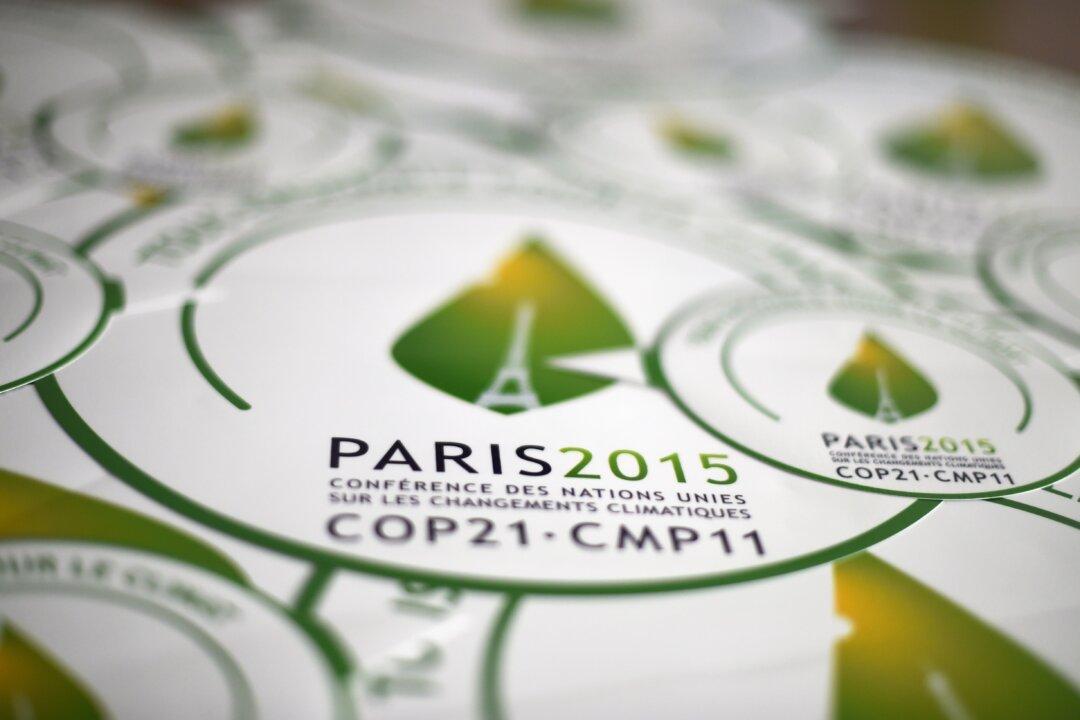Representative Jodey Arrington (R-Texas) announced House Resolution 676 on Monday, which pushes for withdrawal from the 2016 Paris Climate Agreement.
The Republican Congressman said the agreement, which was not approved by Congress, puts the United States at a “competitive disadvantage” due to a loss of American jobs and increased energy costs for taxpayers. Arrington is recommending that the United States exits the agreement before the official end date of Nov. 4, 2020.





